Oando Energy Resources have bold ambitions to become Africa’s leading home-grown E&P company and at the heart of those ambitions is developing deep-water resources.
Oando Energy Resources (OER) is a leading African exploration and production company. The firm is an independent oil and gas company with world-class operations at the cutting edge of Africa’s upstream sector, with significant investments in a robust portfolio of oil and gas fields, as well as participating interests in onshore and offshore producing assets.
The extensive asset base covers exploration, development, and production assets for both oil and gas situated on and offshore in Nigeria, and the Exclusive Economic Zone (EEZ) of São Tomé and Príncipe (STP). “In the upstream our ambition is to be Africa’s leading indigenous Exploration & Production Company,” Jubril Tinubu, chairman and group chief executive at Oando Energy Resources explains. “This will be achieved over the next three years by growing our current production of 40,000boepd to 100,000boepd and 2P reserves of 469MMboe to 500MMboe via a mix of organic and inorganic growth. We will grow organically through the optimisation of our existing portfolio, and developing proven, but undeveloped assets. Inorganically, we will participate in future governmental bid rounds in Africa as well as acquire unutilised near-term production assets from international oil companies during divestment programmes.”
Oando currently operate a diversified hydrocarbon revenue stream with oil contributing as little as 30 per cent of its total production; other contributors to earnings include pipeline tariff revenue and power generation revenue from its independent power plant. “We can also boast of an attractive debt to equity ratio of 30:70, with our total debt dropping significantly from $900M in 2014 to <$370M, today,” Tinubu adds. “In line with our vision to be the leading indigenous E&P company in Africa, we will continue to leverage our competitive advantage by utilising our indigenous capability to create value for stakeholders and partners, improve our focus on Nigeria and Gulf of Guinea, optimise producing assets, de-risk existing exploration assets, identify reliable international partners to collaborate with, and continuously improve our balance sheet, cash flow and reserves.”
The approach is to focus on optimising production from brownfield sites together with strong cost management, maintaining a minimal stake in exploration assets by partnering with reputable organisations with fast track capabilities and proactive engagement with host communities.
OER has successfully built a vast portfolio of oil and gas assets in selected African basins and acts as an operator, technical and non-technical partner with Nigerian and Multinational companies. OER holds interests in six producing assets of ~40,000boepd, with a portfolio of 2P Reserves of 469MMboe, and 2C Resources of 156MMboe from all its assets. “We have invested in a robust portfolio of assets in Nigeria and STP,” Tinubu says. “We are focused on sustaining and improving production, growing reserves and exploiting production upsides in our 14 oil and gas licenses in Nigeria and STP.
“As the terrain we operate in continues to be volatile, we are looking to reduce our stake in some of our exploration assets, while maximising production from our existing assets; generally sweating existing assets.”
Developing deep-water fields is a cost intensive process. Tinubu points to transportation, services, qualifications, permitting, infrastructure and capital expenditure (CAPEX) costs that are much higher than for onshore developments. Similarly, operating in Africa, the risk although low, comes with high safety costs, thereby bringing a much higher operating expenditure (OPEX) than for onshore developments.
“Environmental factors have seen water depth double from 4,000ft to 8,000ft; subsea tieback distances increase; and some challenging reservoirs with increased uncertainty, higher temperatures and pressure,” he adds. “This has resulted in the allocation of more capital to research and development. Still, these factors alone do not justify the escalation of CAPEX and OPEX to the high level that the industry now faces.”
Regulatory uncertainty has also been identified as one of the key challenges to exploration of oil and gas in the continent. “Often we are faced with challenges such as uncertainty in the leadership of the industry’s regulatory agencies, changes in government, political instability, unattractive fiscal regimes and high taxes,” Tinubu explains. “Investors are often uncertain of governments’ ability to maintain and respect contractual obligations and fiscal terms throughout the duration of a contract. For example, some of the existing petroleum laws are not attractive enough to encourage investment during the good and sometimes challenging times. However, amidst this uncertainty it is important to stress that with successive governments there is an increased understanding that a more conducive operating landscape fast tracks economic growth. To this end there are active endeavours, though some may argue that the process still remains slow, to improve the operating environment and create a more attractive oil and gas landscape for all players.”
Tinubu believes that for deep water oil and gas activities to increase in Africa there needs to be active efforts to encourage developments of large as well as smaller prospects and more inclusive participation of major oil companies, independents and indigenous organisations.
As far new technologies Tinubu explains that continuous innovation is a key requirement to continue deep-water exploration and production in Africa. “We are seeing deep-water players investing heavily in technology to lower exploration risk and optimise cost efficiency,” he says. “Technological advances such as the amplitude versus offset (AVO) techniques not only improve detection of hydrocarbon reservoirs on already identified structural traps, but more excitingly, help scientists/geophysicists effectively determine thickness, porosity, density, velocity, lithology and fluid content of rocks. The industry must accelerate the pace of development and adoption of these technologies through adequate and sustained capital commitment.”
When it comes to financial support he acknowledges that the decreased capacity of the local debt market, a slump in oil prices, and market reaction towards the high-risk profile of the Nigerian oil and gas industry appear to have reduced the appetite of both local and international financial institutions to fund oil and gas transactions in Africa. Some of these funding gaps have, however, been plugged by certain development financial institutions such as the Africa Finance Corporation and African Export-Import Bank, who have provided funding by co-lending with Nigerian banks.
“In recent times, we have seen commodity traders such as Vitol and Glencore fund oil and gas transactions by co-lending alongside commercial banks,” he explains. “This practice emerged in response to borrowers' funding requirements exceeding the capacity of the domestic debt market; commodity traders' interests in locking-in suitable crude offtake arrangements which is similar to prepayment structures; and lenders' favourable disposition to a funding and crude off takers arrangement in light of the recognition that this arrangement provides additional liquidity to the lending syndicate.
“This has proven a guaranteed source of revenue for the borrower to meet its debt service requirements and an in-built hedge against oil price volatility. While this provides opportunities for investors looking to benefit from upside in production and commodity prices over the life of an asset or license; it is also an ideal arrangement for E&P companies as they can access financing at a cheaper rate. Also, we have seen private focused investment firms such as Helios investing $100 million for a 12 per cent stake in Africa Oil Corporation.”
As for their participation at Africa Oil Week Tinubu explains that as Nigeria’s leading indigenous oil and gas company, their participation at Africa Oil Week—the continent’s largest and most influential oil and gas event is imperative.
“As active participants over the past five years, AOW has provided a conducive platform for sharing ideas with like minds, whilst proffering impactful solutions to address emerging issues in the sector,” he says, “This year we are proud to once again come in as tripartite participants; attendees, exhibitors and speakers. Our holistic participation ensures that every year Oando representatives actively engage across board with the best in class that the sector and continent have to offer.”
The extensive asset base covers exploration, development, and production assets for both oil and gas situated on and offshore in Nigeria, and the Exclusive Economic Zone (EEZ) of São Tomé and Príncipe (STP). “In the upstream our ambition is to be Africa’s leading indigenous Exploration & Production Company,” Jubril Tinubu, chairman and group chief executive at Oando Energy Resources explains. “This will be achieved over the next three years by growing our current production of 40,000boepd to 100,000boepd and 2P reserves of 469MMboe to 500MMboe via a mix of organic and inorganic growth. We will grow organically through the optimisation of our existing portfolio, and developing proven, but undeveloped assets. Inorganically, we will participate in future governmental bid rounds in Africa as well as acquire unutilised near-term production assets from international oil companies during divestment programmes.”
Oando currently operate a diversified hydrocarbon revenue stream with oil contributing as little as 30 per cent of its total production; other contributors to earnings include pipeline tariff revenue and power generation revenue from its independent power plant. “We can also boast of an attractive debt to equity ratio of 30:70, with our total debt dropping significantly from $900M in 2014 to <$370M, today,” Tinubu adds. “In line with our vision to be the leading indigenous E&P company in Africa, we will continue to leverage our competitive advantage by utilising our indigenous capability to create value for stakeholders and partners, improve our focus on Nigeria and Gulf of Guinea, optimise producing assets, de-risk existing exploration assets, identify reliable international partners to collaborate with, and continuously improve our balance sheet, cash flow and reserves.”
The approach is to focus on optimising production from brownfield sites together with strong cost management, maintaining a minimal stake in exploration assets by partnering with reputable organisations with fast track capabilities and proactive engagement with host communities.
Existing assets
OER has successfully built a vast portfolio of oil and gas assets in selected African basins and acts as an operator, technical and non-technical partner with Nigerian and Multinational companies. OER holds interests in six producing assets of ~40,000boepd, with a portfolio of 2P Reserves of 469MMboe, and 2C Resources of 156MMboe from all its assets. “We have invested in a robust portfolio of assets in Nigeria and STP,” Tinubu says. “We are focused on sustaining and improving production, growing reserves and exploiting production upsides in our 14 oil and gas licenses in Nigeria and STP.
“As the terrain we operate in continues to be volatile, we are looking to reduce our stake in some of our exploration assets, while maximising production from our existing assets; generally sweating existing assets.”
Deep-water challenges
Developing deep-water fields is a cost intensive process. Tinubu points to transportation, services, qualifications, permitting, infrastructure and capital expenditure (CAPEX) costs that are much higher than for onshore developments. Similarly, operating in Africa, the risk although low, comes with high safety costs, thereby bringing a much higher operating expenditure (OPEX) than for onshore developments.
“Environmental factors have seen water depth double from 4,000ft to 8,000ft; subsea tieback distances increase; and some challenging reservoirs with increased uncertainty, higher temperatures and pressure,” he adds. “This has resulted in the allocation of more capital to research and development. Still, these factors alone do not justify the escalation of CAPEX and OPEX to the high level that the industry now faces.”
Regulatory uncertainty has also been identified as one of the key challenges to exploration of oil and gas in the continent. “Often we are faced with challenges such as uncertainty in the leadership of the industry’s regulatory agencies, changes in government, political instability, unattractive fiscal regimes and high taxes,” Tinubu explains. “Investors are often uncertain of governments’ ability to maintain and respect contractual obligations and fiscal terms throughout the duration of a contract. For example, some of the existing petroleum laws are not attractive enough to encourage investment during the good and sometimes challenging times. However, amidst this uncertainty it is important to stress that with successive governments there is an increased understanding that a more conducive operating landscape fast tracks economic growth. To this end there are active endeavours, though some may argue that the process still remains slow, to improve the operating environment and create a more attractive oil and gas landscape for all players.”
Tinubu believes that for deep water oil and gas activities to increase in Africa there needs to be active efforts to encourage developments of large as well as smaller prospects and more inclusive participation of major oil companies, independents and indigenous organisations.
Technologies for deep-water exploration
As far new technologies Tinubu explains that continuous innovation is a key requirement to continue deep-water exploration and production in Africa. “We are seeing deep-water players investing heavily in technology to lower exploration risk and optimise cost efficiency,” he says. “Technological advances such as the amplitude versus offset (AVO) techniques not only improve detection of hydrocarbon reservoirs on already identified structural traps, but more excitingly, help scientists/geophysicists effectively determine thickness, porosity, density, velocity, lithology and fluid content of rocks. The industry must accelerate the pace of development and adoption of these technologies through adequate and sustained capital commitment.”
When it comes to financial support he acknowledges that the decreased capacity of the local debt market, a slump in oil prices, and market reaction towards the high-risk profile of the Nigerian oil and gas industry appear to have reduced the appetite of both local and international financial institutions to fund oil and gas transactions in Africa. Some of these funding gaps have, however, been plugged by certain development financial institutions such as the Africa Finance Corporation and African Export-Import Bank, who have provided funding by co-lending with Nigerian banks.
“In recent times, we have seen commodity traders such as Vitol and Glencore fund oil and gas transactions by co-lending alongside commercial banks,” he explains. “This practice emerged in response to borrowers' funding requirements exceeding the capacity of the domestic debt market; commodity traders' interests in locking-in suitable crude offtake arrangements which is similar to prepayment structures; and lenders' favourable disposition to a funding and crude off takers arrangement in light of the recognition that this arrangement provides additional liquidity to the lending syndicate.
“This has proven a guaranteed source of revenue for the borrower to meet its debt service requirements and an in-built hedge against oil price volatility. While this provides opportunities for investors looking to benefit from upside in production and commodity prices over the life of an asset or license; it is also an ideal arrangement for E&P companies as they can access financing at a cheaper rate. Also, we have seen private focused investment firms such as Helios investing $100 million for a 12 per cent stake in Africa Oil Corporation.”
As for their participation at Africa Oil Week Tinubu explains that as Nigeria’s leading indigenous oil and gas company, their participation at Africa Oil Week—the continent’s largest and most influential oil and gas event is imperative.
“As active participants over the past five years, AOW has provided a conducive platform for sharing ideas with like minds, whilst proffering impactful solutions to address emerging issues in the sector,” he says, “This year we are proud to once again come in as tripartite participants; attendees, exhibitors and speakers. Our holistic participation ensures that every year Oando representatives actively engage across board with the best in class that the sector and continent have to offer.”

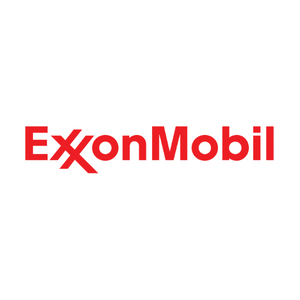
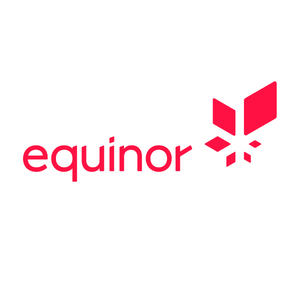
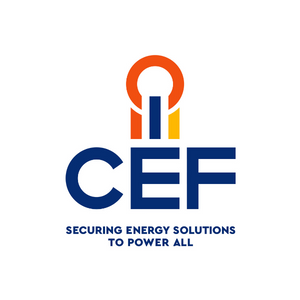
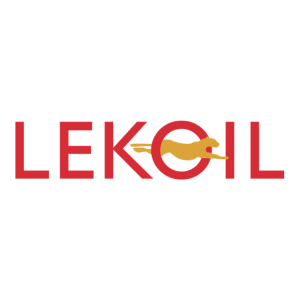
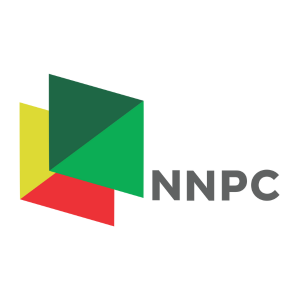
_weblogo_2.png?ext=.png)
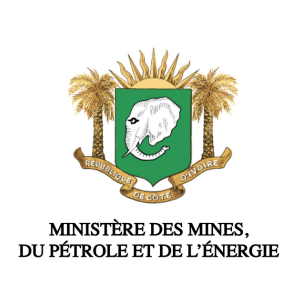

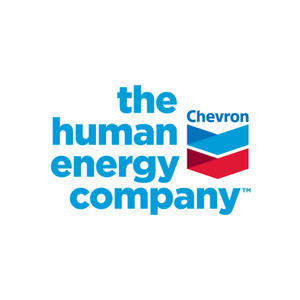

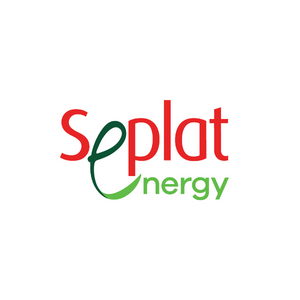
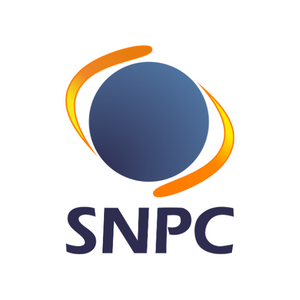

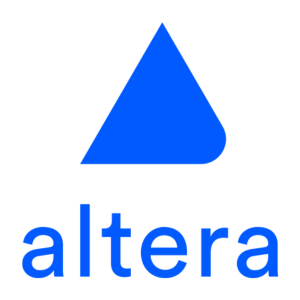
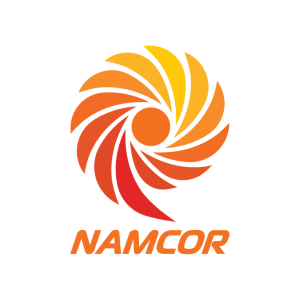
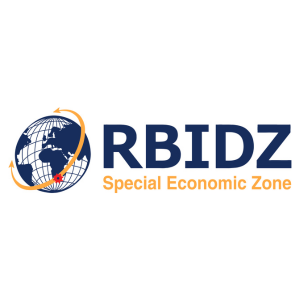
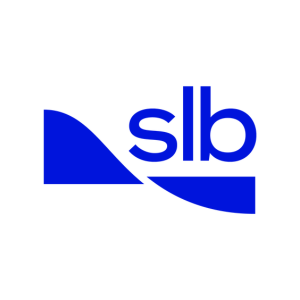
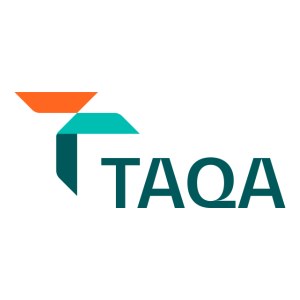
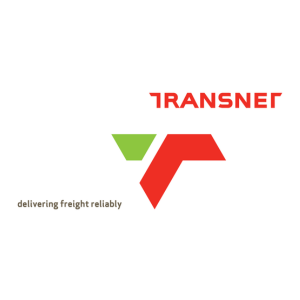

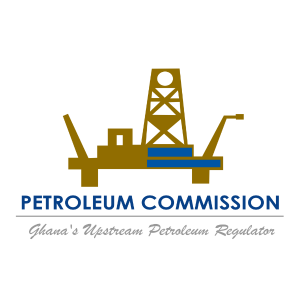
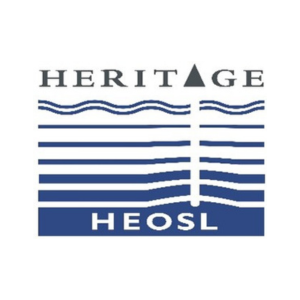
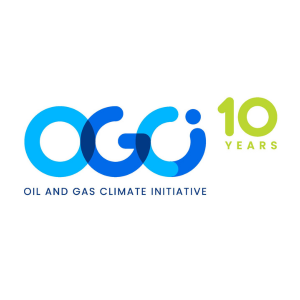
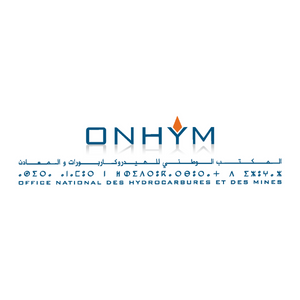
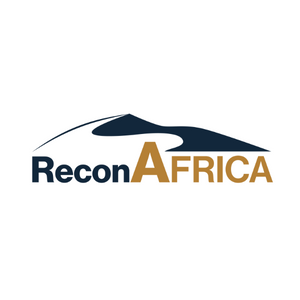
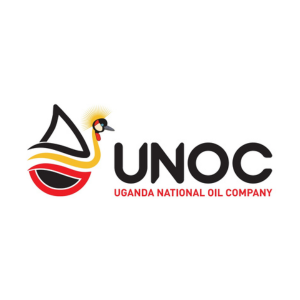
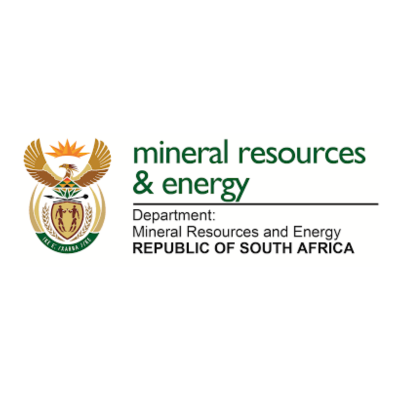
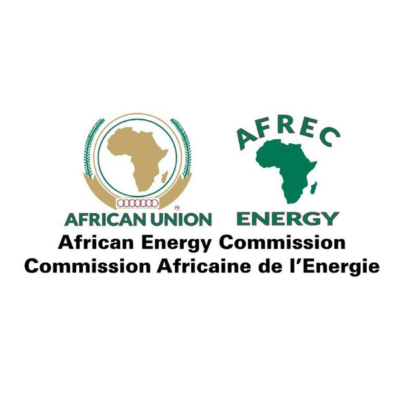
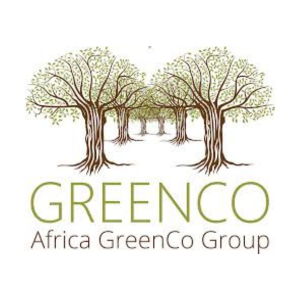
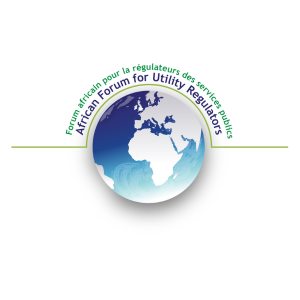
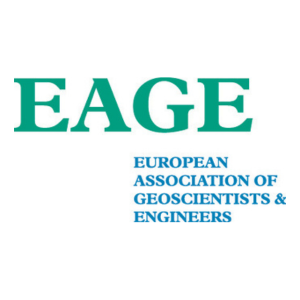
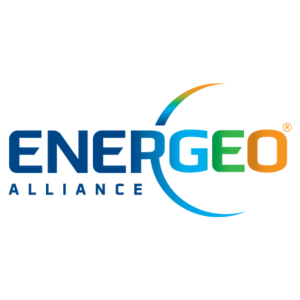
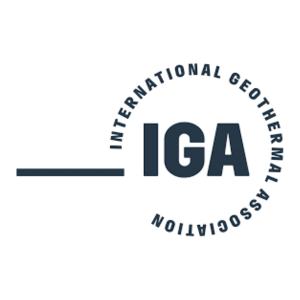
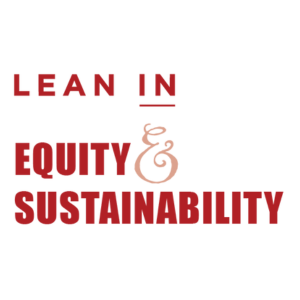
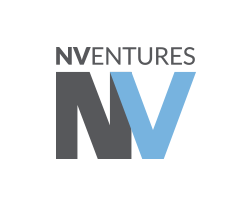
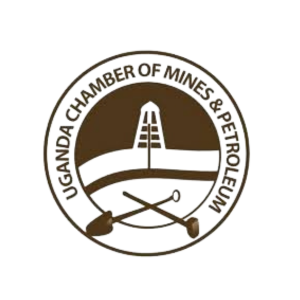

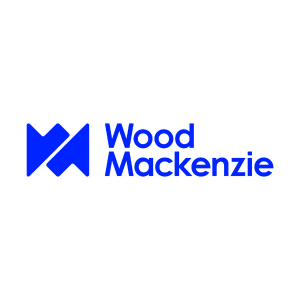

.jpg?ext=.jpg)
